The revelation of bodies in jungle camps, huge numbers of victims at sea and the obvious complicity of men in uniform has created a storm in which it's increasingly difficult to sort the bad guys from the good guys.
Phuketwan has not been spared. Along with activists, anti-traffickers, good police and local authorities trying their hardest, we have been accused of being traffickers.
And we still get feedback that Navy officers warn those with whom they come into contact that Phuketwan is ''bad.''
Of greater concern for Thailand's future is the fear that authorities who have been taking the fight up to the human traffickers will lose out to others at many levels who are more skilled at manipulating the system to their advantage.
Those who are often viewed with the greatest suspicion manage to dodge, weave and plant the seeds of doubt about those they know are honest and doing the right thing.
In the evil world of trading in people, liars prosper, power is misused and good guys often finish last.
International organisations will be wise to hold off making judgements about whether Thailand is heading in the right direction until the evidence is clear that reformers are in charge, and that may take at least a year or two.
Phuketwan knows of at least one longtime activist against trafficking who would have been arrested by police and accused of being a trafficker if not for the intervention of another officer who had been working with him to entrap the real traffickers.
Some of the people with the greatest power in the trafficking equation are still inclined to protect Thailand's reputation rather than introduce a more transparent system.
Because the change in approach has been triggered by a sudden rush of media attention rather than a consistent, considered application of well-explained new rules, chaos is inevitable.
''I have been trying to do the right thing for years and now I feel as though I am about to be punished for the misdeeds of others,'' a mid-level official of blameless repute told Phuketwan.
Officials who have been attempting to expose the nightmare of trafficking, working against the grain of standard practice, are presently being turned into scapegoats in mind-games now consuming many departments.
The good guys are at risk. The bad guys may yet triumph, and that would be a tragedy for Thailand.

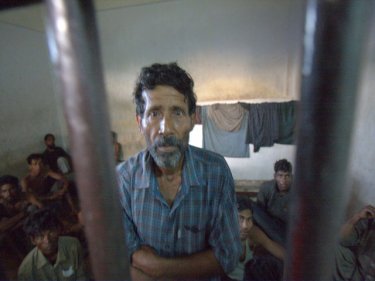

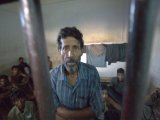


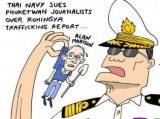
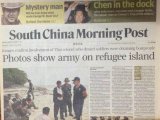
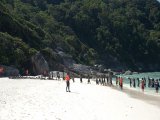
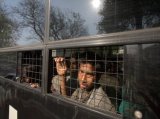
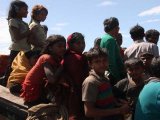
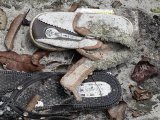

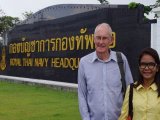

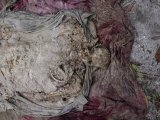
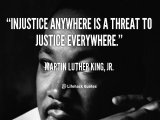

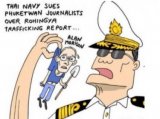




Dear Ed
This is a fascinating article but not entirely surprising.
There is a very old saying that: "The first casualty of war is truth."
There is another old saying that Colin Powell quoted in his autobiography: "Sometimes the dragons win."
People who are prepared to get involved in murder, extortion, slavery and human trafficking will think nothing of telling a few lies, especially if those lies are at the expense of people who are trying to put criminal syndicates out of business.
A free press can of course help prevent this sort of cancer ever taking root. Once all the criminal behavior and corrupt activity is so entrenched it is far more difficult to tackle.
Thailand provides a wonderful example of how chains on media freedom allow corruption and crime to flourish.
Posted by Ian Yarwood on June 8, 2015 14:40
Editor Comment:
Better to chain the criminals than the media.